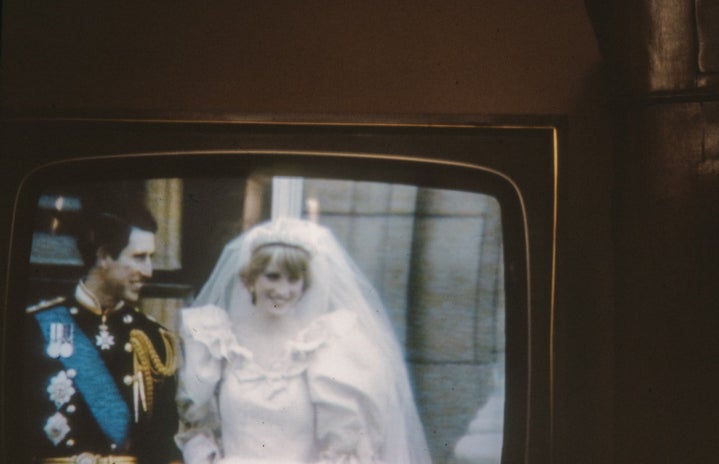Nexflix’s trending reality tv show “Love is Blind” was created as a social experiment to prove that “love” can be obtained purely through deep emotional connection and without seeing the person. In theory, this “social experiment”, would be intriguing to unveil. Although, as it is a reality tv show, the desired results of the said social experiment are tainted.
“Love is Blind” consists of 30 contestants (15 single men and 15 single women) who are ready for marriage and decide to date multiple people at once with the hope to fall in love with someone. Contestants date in “the pods,” which are capsules where they get to know one another through a wall, with only being able to hear each other’s voices.
The emotional connections the contestants create in the span of 10 days (or less) are supposedly strong enough to desire a marriage proposal sight unseen. Netflix didn’t just create this show for contestants to date, but to move in together, meet each other’s families, and get married: all in the span of 4 weeks.
The creators of “Love is Blind” want us, as viewers, to be invested in these relationships which were created in a little over a week. Contestants believe that the person they met in “the pods” is their soulmate. Although this could be a truly beautiful and heart-touching notion, it is completely unrealistic.
The majority of the contestants on “Love is Blind” who did get proposed to, (a mere 6 couples), most likely wanted to stay on the show for as long as they could. As the show progresses, the episodes reveal the sheer amount of projection of insecurity, uncertainty, and rationalization about their fiancés. Contestants in the show consistently tell themselves that they are attracted to this person and they truly love them, regardless of having just met. Viewers are fed false information to believe that this is what love is. In actuality, love is something so much greater than being infatuated with the idea of someone. Through the eyes of the viewer, some of these couples were so obviously not compatible, yet in a way, we are rooting for them to get married and to say yes at the altar. The contestants want marriage so badly, and we as viewers are so invested in their relationship, everyone forgets what love means and what a marriage is.
From a young age, we are conditioned to think that marriage is the end goal. The satisfaction of finding your “person,” starting a family, and eventually watching your own children get married (and their children getting married and so forth). I cannot tell you how many times my own grandparents have said that they cannot wait to see my wedding. A sweet sentiment no doubt, but why do I have to get married? Why was this unavoidable pressure placed on someone who was only 13 at the time?
The majority of the women on “Love is Blind” (and some of the men) project their own experiences with the societal pressure of marriage. Women endure martial pressure but also the pressure to have children of their own, due to their body’s childbearing timeline, which in turn creates a greater desire to be married.
So, what percentage of Americans do you believe are married?
About 53% of Americans are married, while 40-50% of those end in divorce. We spend a sizable majority of our lives searching for something that is not even heavily supported by statistics. As a society, we are exposed to marriage, love, and dating through media every day, the majority of which are heterosexual relationships. The media perpetuates the idea that marriage equates to a successful life, regardless of the fact that some marriages do indeed fail.
On the other hand, if we are single we are expected to be searching for someone to fulfill a void within ourselves. When we are actively looking for “our other half” we forget that we are whole on our own.
Yes, companionship and partnership are some of the best and most rewarding things in life. As humans, we want to share love and to be loved but love comes in various forms. Love is within our families, our friendships, and most importantly within ourselves. Through these relationships, we are able to express love in the most authentic way.
The media should be representative of all love, as love does not entail marriage. It is true that we idealize marriage because society expects us to. Certain tv shows and other media platforms condition us to live our lives in a matter of once I have x or y, then I will be happy. To be happy is to be content with where you are now, and to be content is to love yourself.


